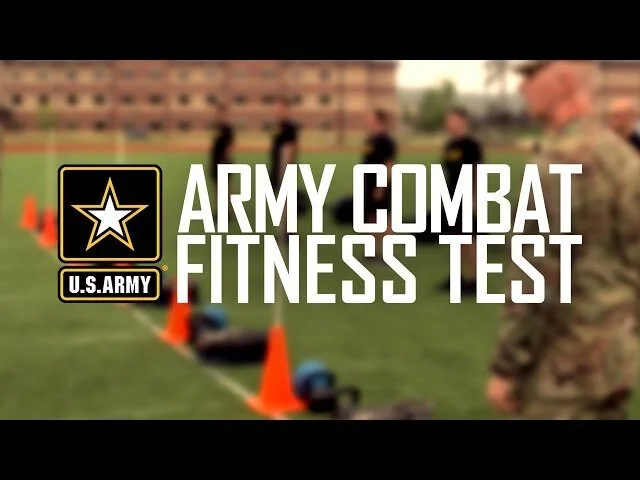If you missed 2019’s first issue of The Army Lawyer, invest 5 minutes reading the very last article at the back of the publication. It’s written by MAJ Sam Gabremariam, who succinctly advocates for the implementation of a single scoring standard on the soon-to-be-deployed Army Combat Fitness Test. He’s staunchly opposed to adopting different performance metrics as applied to various military occupational specialties.
I find his position compelling.
The JAGWAR has been vocal in its rejection of tests that assess Soldiers pursuant to different standards predicated on age or gender. And while the Army initially seemed to share that perspective, it has begun to dial back its commitment to the single-standard ethos. MAJ Gabremariam captures our thoughts in these pull quotes:
“Aside from the sheer physical challenge that the test presents, the other notable change introduced by the ACFT is a gender and age neutral scoring paradigm. Where the current test is a health based assessment, taking into account gender and age to score fitness, the ACFT is indifferent to these distinctions. The ACFT is focused more on combat readiness, and its varying exercises and movements are designed to better indicate how effective a Soldier will be in a combat environment.”
MAJ Gabremariam notes that “a major reason for the Army’s transition to the gender and age neutral ACFT is to ensure that all Soldiers are ready for combat operations.” This makes sense, for as he further clarifies in his article: “all Soldiers will be expected to do the same basic tasks in combat, so they should all have to pass the same test . . . [which] should be a more realistic measure of a Soldiers physical ability to withstand the rigors of a combat environment.”
MAJ Gabremariam expresses “profound confusion” that the Army is abandoning a gender- and age-based scoring regime only to introduce “another bifurcated scoring model [that] would set one minimum passing standard for those in combat-arms units . . . and another, less challenging, standard for all others.”
But it’s his closing argument that most caught our eye, what with the fine point he put on it—by reference to our Marine Corps brethren.
“While other services like the Marine Corps laud that every Marine is a rifleman, we would undermine our Soldiers by quietly pronouncing that not all Soldiers are expected to soldier. How else would Soldiers perceive entire segments of the Army population that are held to a lower standard—it will cause adverse cultural reverberations that will overtly split Soldiers into distinct tiers [resulting in] lowered expectations.”
The Order of the JAGWAR was founded atop the optimistic principle of self-starting initiative, to serve as an outlet for the ambitions of the Soldiers in our Corps, and to help attorneys, paralegals, and legal administrators achieve the highest standards that the Army expects of its warfighters. Such was our interpretation of the JAG Corps’s critical mission: to be a Soldier First, and a Lawyer Always.
Yet there’s also a practical (and even defensive) element to the JAGWAR mission. Never should personnel in the JAG Corps be subjected to lowered expectations by Big Army, and never should they warrant them.
Yes: the ACFT will likely launch—initially—with assessments of Soldiers judged according to different MOS-based standards. But if that is to be the case, Army JAG Corps members should discipline themselves to compete at the highest level, to hold themselves to the elite standards, and to demonstrate to the Army-at-large that its legal professionals perform at and with the very top.
Fortunately, the Order of the JAGWAR is perfectly positioned to assist in the fulfillment of this mission-critical objective…..


